HS-LS2-1
Use mathematical and/or computational representations to support explanations of factors that affect carrying capacity of ecosystems at different scales.
-
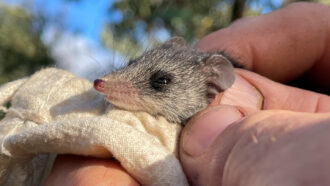 Animals
AnimalsPalm-size marsupials may face extinction from wild ‘house’ cats
After surviving Australian bushfires, the Kangaroo Island dunnart is losing ground as it's targeted by hungry predators.
By Asa Stahl -
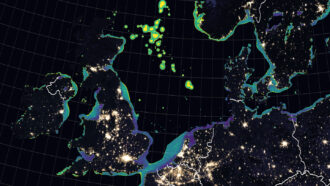 Oceans
OceansNight lights make even the seas bright
Light from coastal cities and offshore development may shine deep enough to disrupt tiny critters living dozens of meters (yards) below the surface.
-
 Environment
EnvironmentPonds made to control floods can spew climate-warming gases, study finds
Younger stormwater ponds can release more carbon in gases than they absorb, a study finds. That could aggravate global warming.
-
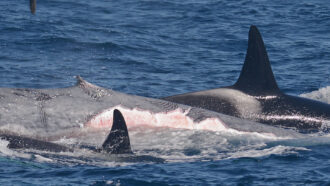 Animals
AnimalsOrcas can take down the largest animal on the planet
For the first time, scientists observed that orcas can kill blue whales by using the same hunting techniques that have worked on other large whales.
By Anna Gibbs -
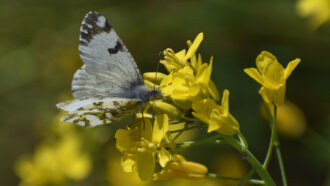 Environment
EnvironmentBees and butterflies struggle to find flowers in polluted air
Emissions from cars and trucks make it harder for insects to find flowers. That in turn reduces flower visits and pollination, a new study finds.
By Laura Allen -
 Environment
EnvironmentRecycling a climate-warming gas could make ‘greener’ farmed fish
Instead of warming the climate, methane gas can be collected to help farmers. Along the way, it may also save some fish.
-
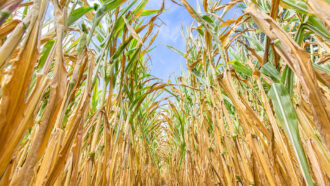 Life
LifeIn blazing heat, some plants open leaf pores — and risk death
When heat waves and droughts collide, water is precious. Some thirsty plants try to cool off by opening tiny pores — only to lose water even faster.
-
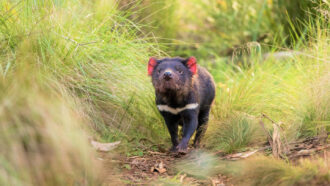 Animals
AnimalsRewilding returns lost species to strengthen ecosystems
Restoring the missing species can help undo human-caused problems by aiding forests, slowing climate change and reducing wildfires.
-
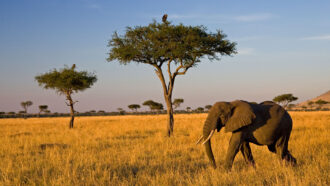 Earth
EarthScientists Say: Savanna
Savannas exist where there is more rainfall than in a desert, but less than in a forest.
-
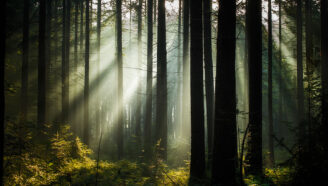 Ecosystems
EcosystemsSecret forest fungi partner with plants — and help the climate
Forest fungi are far more than mere mushrooms. They explore. They move nutrients and messages between plants. They can even help fight climate change.
-
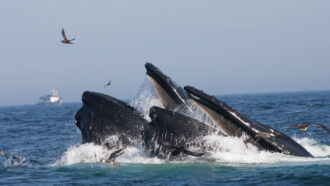 Animals
AnimalsBaleen whales eat — and poop — a lot more than we thought
The amount of food that some whales eat and then poop out suggests these animals have a powerful influence over ocean ecosystems.
-
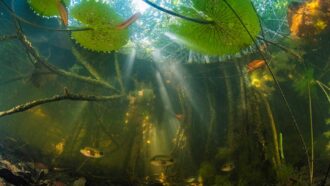 Climate
ClimateHere’s how some sea-loving trees ended up far from the coast
This “relict ecosystem” that’s more than thousands of years old moved inland due to warming and a rise in sea levels.